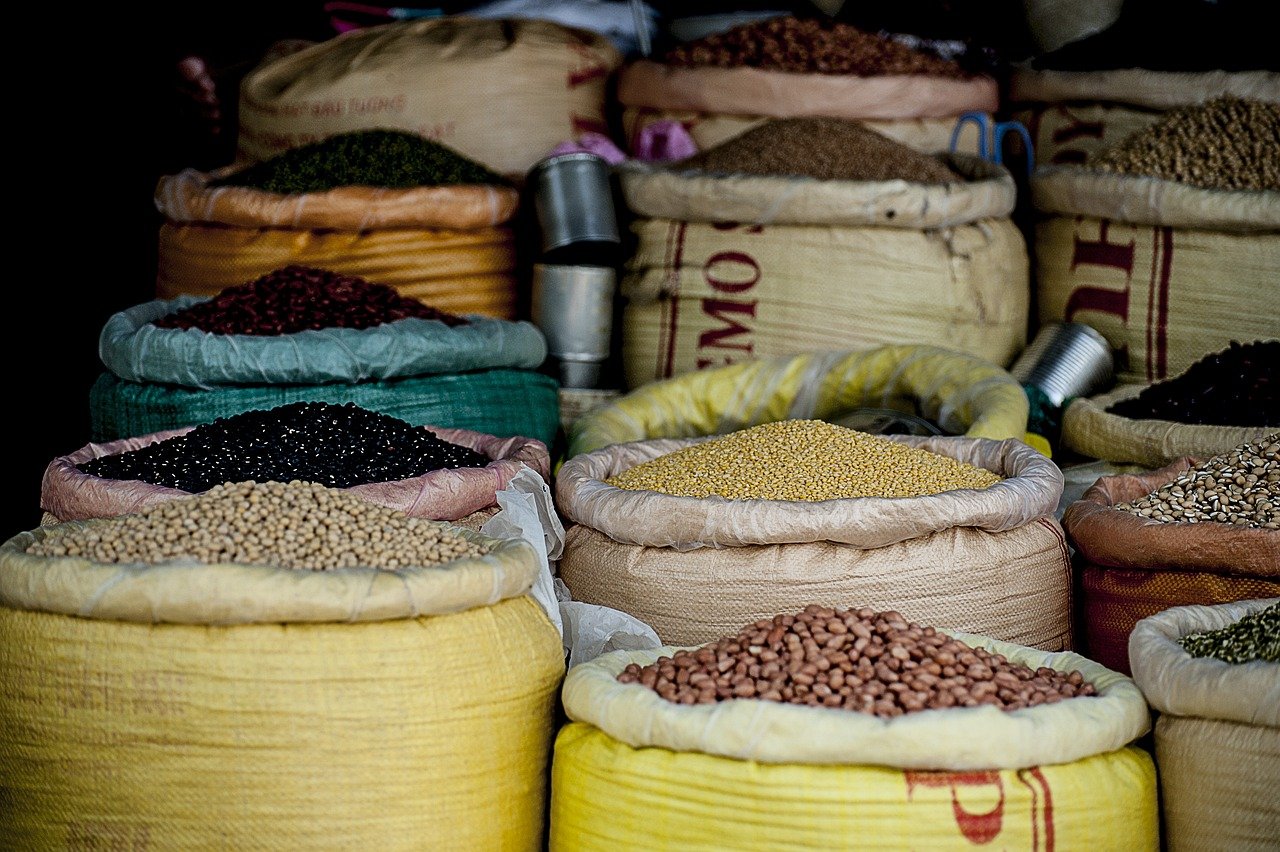
Our work
The Danish Legume Partnership is based on collaboration, and the future of the partnership is something we develop together – with strong relationships and targeted actions.
We Set the Framework – You Create the Change
The Danish Legume Partnership sets the framework for your organisation to be part of the legume agenda.
We facilitate:
Two annual partner meetings and one public annual meeting
Collaboration and knowledge sharing across stakeholders
But it is the goals set by our partners that drive the change. Together, we turn visions into concrete results.

Method: Goals, That Drive Action
Concrete change begins with clear goals. Therefore, all change partners commit to setting individual and clear goals to promote legumes.
Goals are set for both 2026 and 2030. This forms the foundation for action and ensures the partnership creates real value.
We share goals, experiences, and successes. This happens at events throughout the year and creates a strong basis for inspiration, collaboration, and continuous development.
Knowledge partners are not required to set goals but are encouraged to do so. They contribute with research and expertise to strengthen development and support change.
The Secretariat’s Role
With unique knowledge of the partners and a sharp insight into the value chain, we regularly hold one-on-one meetings with partners, facilitate relevant matchmaking for collaboration, and organise events.
Additionally, the secretariat actively seeks and welcomes new partners – there's always room for more.
At the Danish Legume Partnership, we must ensure we stay on top of the pulse when it comes to Danes' consumption of legumes.
Population Survey
The Danish Legume Partnership conducts an annual population survey to examine Danes'
consumption and attitudes towards legumes.Data from DTU National Food Institute
We rely on data from DTU’s ongoing studies of Danes' diets to monitor the development of
legumes on Danish plates. New data will be available in 2025.Partners' Goals for 2026 and 2030.
All change partners have set individual goals that contribute to advancing the agenda and are continuously monitored.
These insights help us adjust our efforts and ensure we meet our goals.
How do we track progress?
Case: What does our work look like in practise?
ISS and legume goals
he Danish company ISS joined the Danish Legume Partnership in 2024 – first as a partner and later as a member of the steering committee. ISS serves about 40,000 guests daily in their Danish canteens, thus reaching a large group of people with the goals they set!
Currently, they serve about 25 grams of legumes per person per day. Their goal for 2026 is to increase that to 40 grams, and further to 60-70 grams by 2030. With these goals, all their guests will be much closer to the dietary recommendation of 100 grams of legumes per day!

